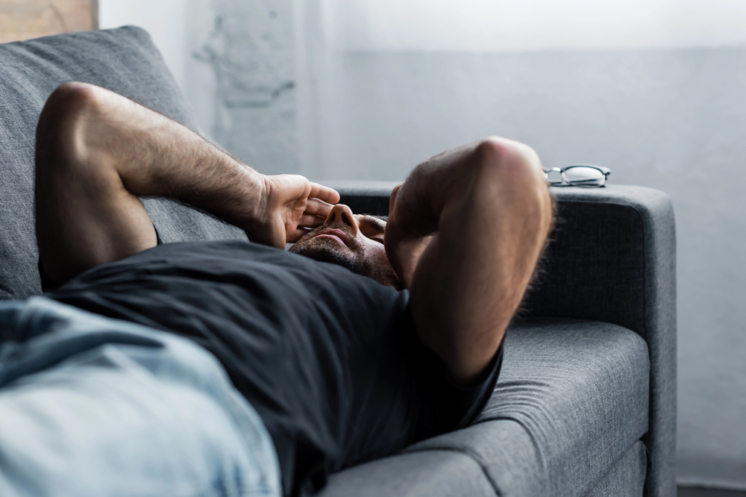What To Do If Viagra or Sildenafil is Giving You a Headache
Viagra is a popular medication used to treat erectile dysfunction (ED). It contains the active ingredient sildenafil, which is also available as a generic version.


Written By Chemist Click
Reviewed By Pharmacist Abbas Kanani
Last updated on 17th February 2026 • 6 minute read


